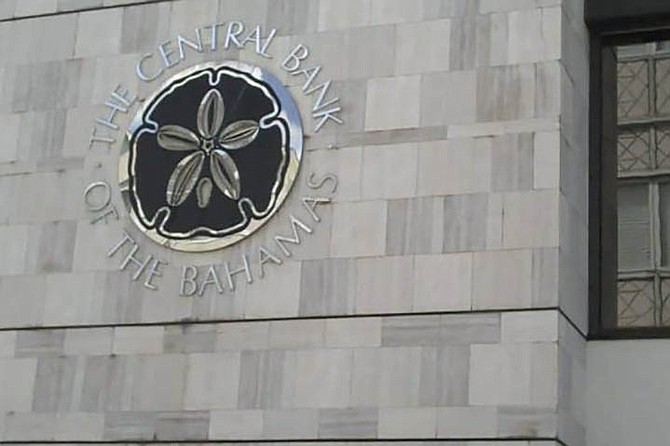By NEIL HARTNELL
Tribune Business Editor
nhartnell@tribunemedia.net
Payment services providers yesterday hailed the move allowing them to establish settlement accounts with the Central Bank as “a game changer” for the sector and the digital Bahamian dollar roll-out.
Harvey Morris, Omni Financial Services’ chief executive, told Tribune Business that the Central Bank’s decision would not only benefit payment services providers and money transmission businesses but also efforts to drive greater “inclusion” and access to financial services products for all Bahamians.
He explained that the move would give his company and its competitors “easy access” to buy and sell the digital Bahamian dollar, known as Sand Dollars, thereby ensuring these can be smoothly provided to clients.
“It’s really a game changer,” Mr Morris said. “This stands to benefit financial inclusion for everybody. Yes, we will still maintain a very close relationship with the commercial banks because a lot of our business is still the acceptance of fiat (physical notes and coins). Where will we place fiat if not with the commercial banks?
“The clearing account with the Central Bank is, we think, advantageous to payment services providers because it gives us easy access to purchase and trade, and get Sand Dollars, without going through a third party.
“We see that the payment services providers and money transmission businesses are the right partners for launching Sand Dollar because, to-date, our business is generally around customers who are transacting fiat currency without using cards and bank accounts,” Mr Morris continued.
“They are the primary targets for utilisation of the Sand Dollar. The [settlement] account giving us access to be able to purchase and sell, and provision Sand Dollars to our clientele, is a game changer for payment services providers and money transmission businesses.
“The Sand Dollar must be all-inclusive to be successful. If somebody in The Bahamas is holding the traditional paper currency you don’t want to restrict that person from having an ability to convert into Sand Dollars otherwise you might create a security risk for that sector of the community who have to continue holding fiat versus Sand Dollars.”
The Central Bank, in its paper laying out the rationale for the Project Sand Dollar initiative, said planned changes to the Central Bank legislation would “level the playing field even further” for non-commercial bank institutions when it came to accessing The Bahamas’ clearing and settlement infrastructure.
Besides being able to establish settlement accounts with the Central Bank, the likes of payment services providers and money transmission businesses will also be allowed to participate in the Automated Clearing House (ACH) and Real Time Gross Settlement (RTGS) systems - the two facilities that enable swift clearing of transactions between institutions - under the proposed reforms.
“The bank has signalled that it will allow direct participation of non-clearing banks in the ACH and RTGS systems,” the Central Bank said. “Regulated credit unions, international banks, payment services providers and money transmission businesses would be permitted to establish settlement accounts directly with the Central Bank as opposed to having to negotiate settlement arrangements with commercial banks.
“The Central Bank has also proposed that the Government and the National Insurance Board would be allowed to join the ACH and RTGS, as the two largest single originators and recipients of payments. Both entities already maintain accounts with the Central Bank that can satisfy settlements. Opening of the ACH to broader participation will require regulations, and commercial bank initiated changes in the private ACH arrangements.”
The Central Bank added that it was “now encouraging non-bank participation in the provision of electronic payments to spur innovation, competition and faster adoption of electronic solutions”.





Comments
Use the comment form below to begin a discussion about this content.
Sign in to comment
OpenID